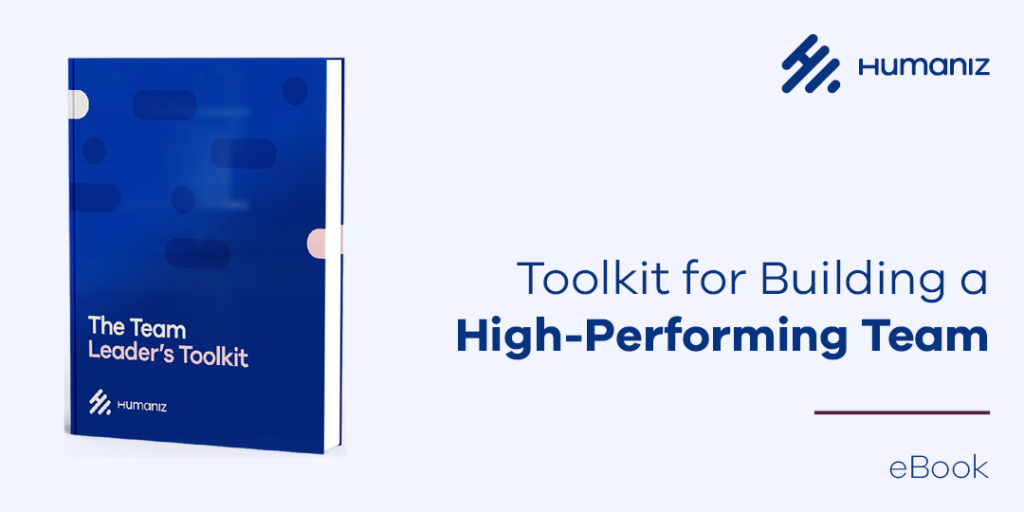AI in real estate isn’t just a concept anymore – the industry is being fundamentally reshaped by it. But let’s cut through the hype and look at what’s actually working, what’s still BS, and what you need to know to stay ahead.
Machine Learning for Property Valuation & Predictive Analytics in Real Estate
Gone are the days when property valuation was just about comps and gut feelings. Modern Automated Valuation Models (AVMs) are processing an almost ridiculous amount of data to predict property values with surprising accuracy. These systems don’t just look at traditional metrics – they’re analyzing everything from local business permit applications to social media sentiment about neighborhoods. In dense urban markets, they’re achieving accuracy rates that would have seemed impossible just a few years ago.
But here’s the thing most vendors won’t tell you: these systems still struggle with unique properties and rural areas. The best agents are using AVMs as a starting point, not a final answer. They’re combining these AI insights with their local knowledge to make better decisions faster.
The real power comes from predictive analytics. Leading firms are now spotting market trends 3-6 months before they become obvious to everyone else. They’re tracking everything from Google search trends for specific neighborhoods to cell phone foot traffic patterns around retail areas. This isn’t just about spotting opportunities – it’s about avoiding risks before they materialize.

Natural Language Processing & AI-Powered Virtual Property Tours
AI chatbots have finally grown up. The clunky, frustrating experiences of the early 2020s have been replaced by sophisticated systems that can handle complex property inquiries and scheduling. The key has been knowing where to use them – and more importantly, where not to.
The most successful implementations use AI for initial contact and basic qualification, then smoothly transition to human agents for relationship building. We’re seeing response times drop from hours to minutes, with qualification rates improving by 40-60%. But here’s the crucial part: the best systems are transparent about being AI. They don’t try to fool anyone, and they know when to bring in human expertise.
Computer vision has transformed property tours, but not in the way many predicted. Instead of replacing physical viewings, AI-powered virtual tours are making them more efficient. Buyers now arrive at properties better informed and more qualified. The technology can highlight potential issues in advance, from water damage to structural concerns, saving everyone’s time.
AI-Powered Property Management: Smart Building Systems and Blockchain Integration
Property management has seen some of the most practical applications of AI. Smart building systems are now delivering real, measurable ROI. We’re seeing typical maintenance cost reductions of 15-20%, with some properties reporting even higher savings. Predictive maintenance systems are catching issues before they become expensive problems, and energy optimization is cutting utility costs significantly.
To ensure smooth integration of these smart technologies, real estate onboarding software helps new agents and managers adapt quickly to AI-driven property management processes.
The integration of blockchain technology and smart contracts is streamlining transactions, but it’s important to note where this actually matters. The biggest wins are in large commercial properties and portfolio management, where complex transactions benefit most from automation. For simpler residential transactions, traditional methods often still make more sense.
AI-Enhanced Real Estate Marketing and Lead Generation
The marketing landscape in real estate has been transformed by AI, but not in the way many predicted. While automated content generation and targeted campaigns grab headlines, the real value lies in the subtle ways AI is improving the entire marketing and sales funnel.
Content generation for property listings has evolved beyond simple automation. The best systems now combine market analysis with property features to create descriptions that actually drive interest. But here’s what separates successful implementations from failures: top performers use AI to generate first drafts, then have experienced agents refine them. This hybrid approach is cutting listing preparation time while maintaining the human touch that luxury and unique properties demand.
Marketing targeting has gotten eerily precise. AI systems now analyze hundreds of buyer behavior signals to identify serious prospects. We’re seeing firms reduce their cost per qualified lead by focusing on behaviors that actually indicate buying intent – not just demographic matches. For example, one system tracks when prospects view similar properties across multiple platforms, their interaction patterns with virtual tours, and even their social media engagement with neighborhood-related content.
The real revolution for real estate lead generation, though, is in lead qualification and nurturing. AI systems are now sophisticated enough to identify which leads need immediate human contact versus those that require longer nurturing. Smart firms are using this to restructure their teams, having their top agents focus exclusively on high-probability leads while automated systems nurture the rest.
Real estate team management software is also being utilized to complement your tech stack, a real estate team agreement template helps align your team and standardize processes as your lead volume grows. to streamline lead distribution and ensure top agents focus on high-probability leads, maximizing overall team efficiency. To help optimize your recruiting, onboarding, and team development processes alongside your AI tools, you can also download the free Humaniz recruiting toolkit.
But there’s a catch that vendors won’t tell you: these systems require constant fine-tuning. Markets change, buyer behaviors shift, and AI models need regular retraining. The most successful firms treat their AI marketing tools like high-performance engines – requiring regular maintenance and adjustment, not “set it and forget it” solutions.
What Actually Matters for AI Implementation in Real Estate
For real estate professionals looking to adopt these technologies, here’s what actually matters:
- Data Quality: No AI system can overcome bad data. Start with clean, comprehensive data sets.
- Integration Capability: Look for systems that work with your existing tools.
- Clear ROI Metrics: If a vendor can’t explain exactly how their system saves money or increases revenue, be skeptical.
Common Pitfalls to Avoid in AI Adoption for Real Estate
The biggest mistakes we’re seeing in AI adoption aren’t technical – they’re strategic:
- Over-automation: Not everything needs to be automated. Keep humans in the loop for crucial decisions.
- Poor Training: AI systems need proper setup and ongoing maintenance.
- Mismatched Solutions: Using enterprise-level solutions for small operations (or vice versa).
Looking Forward: AI in Urban Planning and Climate Impact Analysis for Real Estate
The next wave of innovation is focusing on urban planning integration and climate impact analysis. We’re seeing early adopters use AI to predict how infrastructure changes will affect property values years in advance. The most sophisticated systems are starting to factor in climate change projections into long-term property valuations.
The key to success isn’t just adopting the latest technology – it’s understanding how to integrate it into your existing operations. The winners in this space aren’t the ones with the most advanced AI; they’re the ones who know how to combine technology with human expertise most effectively.
The Bottom Line: Balancing AI and Human Expertise in Real Estate
AI in real estate isn’t about replacing human expertise – it’s about enhancing it. The most successful organizations are using AI to handle routine tasks and data analysis, freeing up their people to focus on relationships and complex decision-making. As we move forward, this balance between artificial and human intelligence will become even more crucial.
Technology should solve real problems and provide measurable results. If you can’t explain how a tool improves your bottom line in concrete terms, it’s probably not worth the investment.


